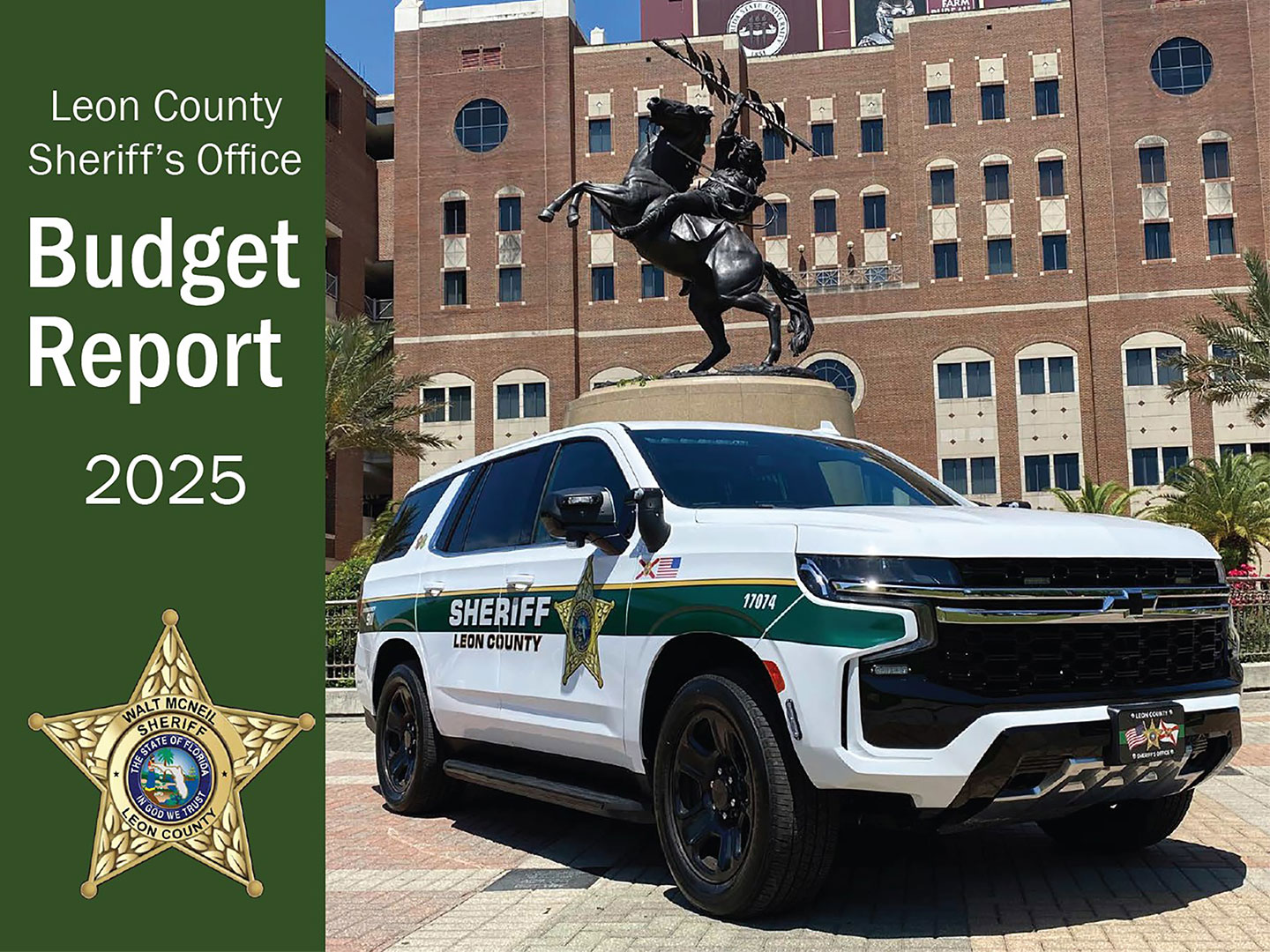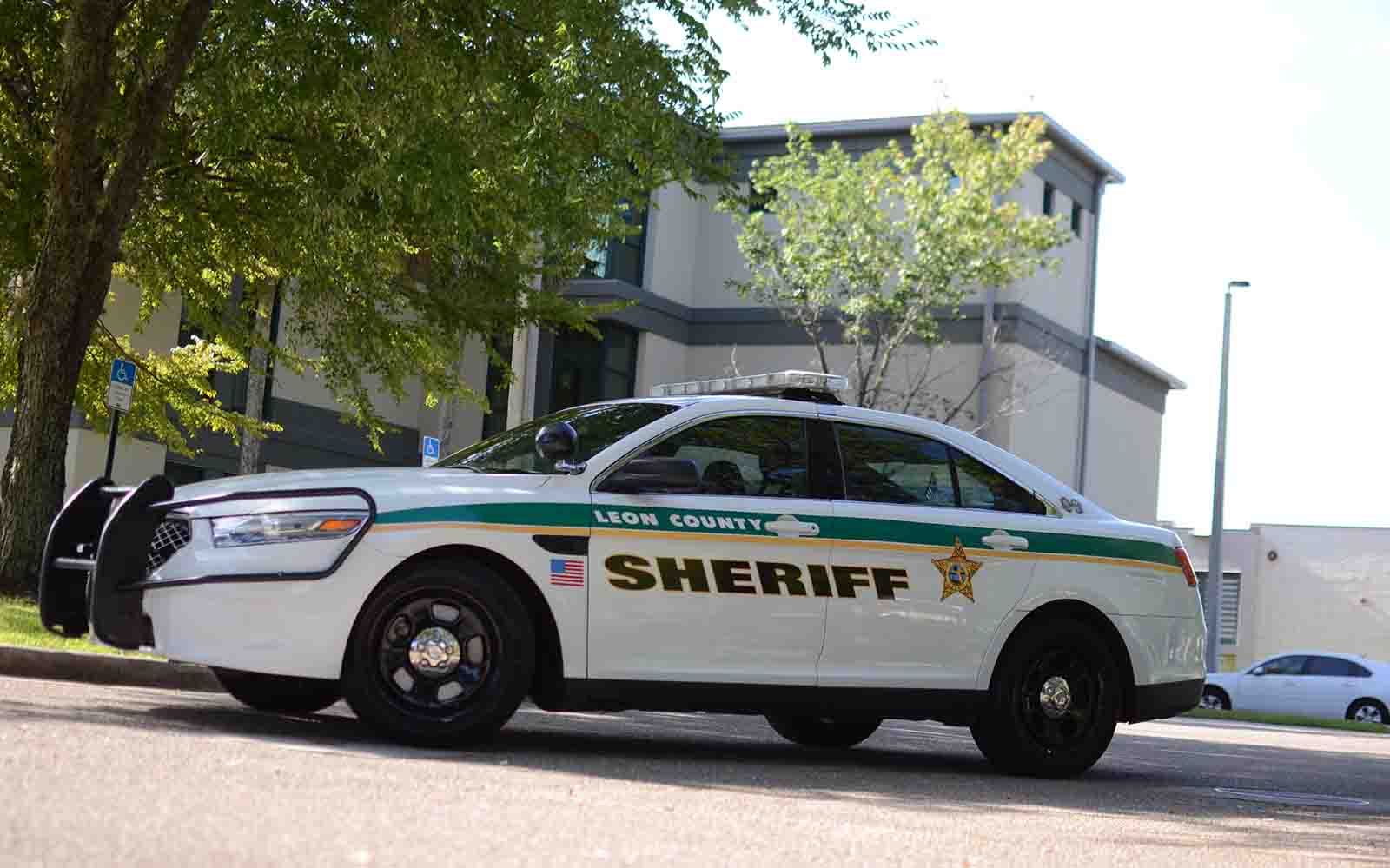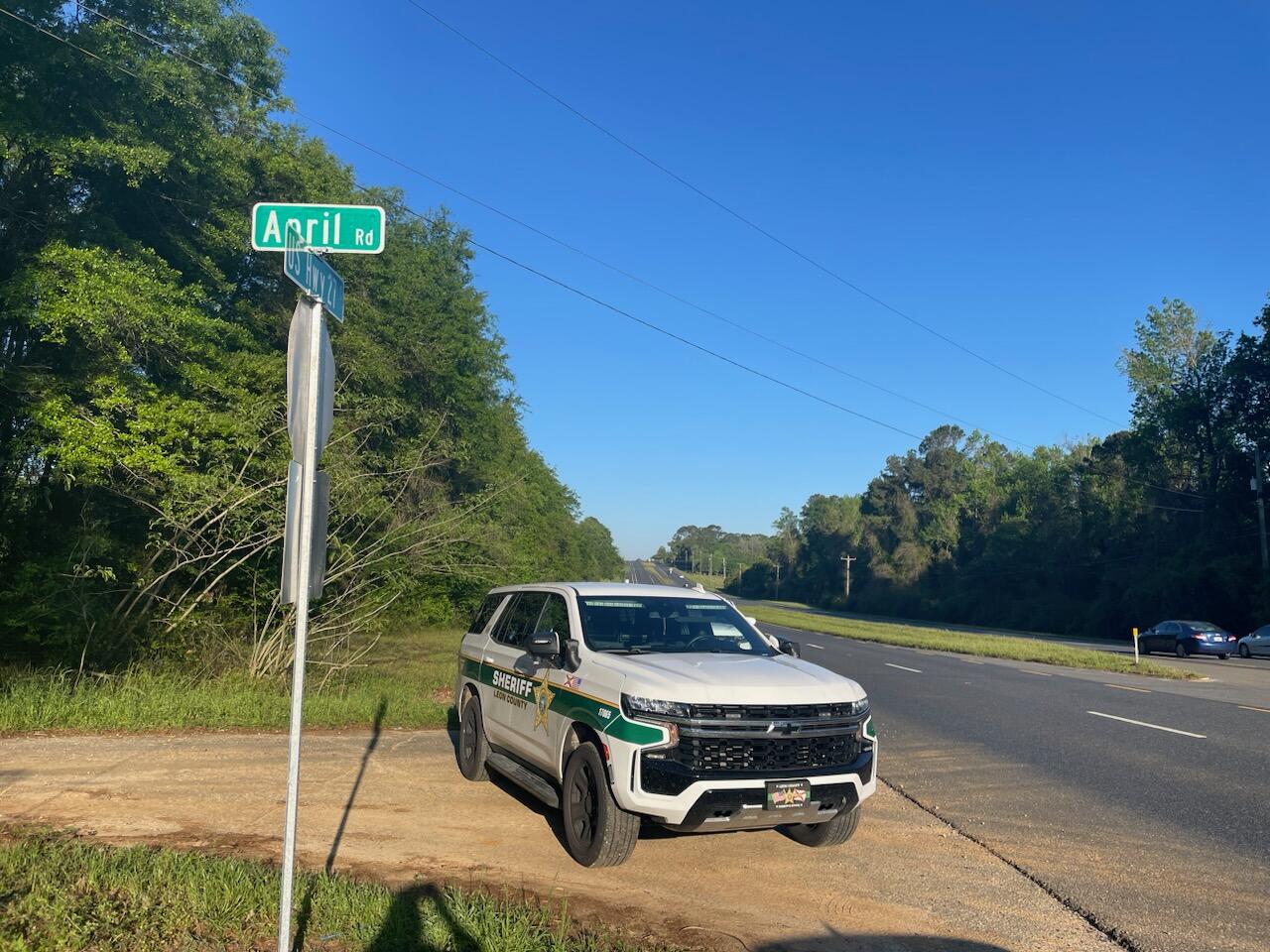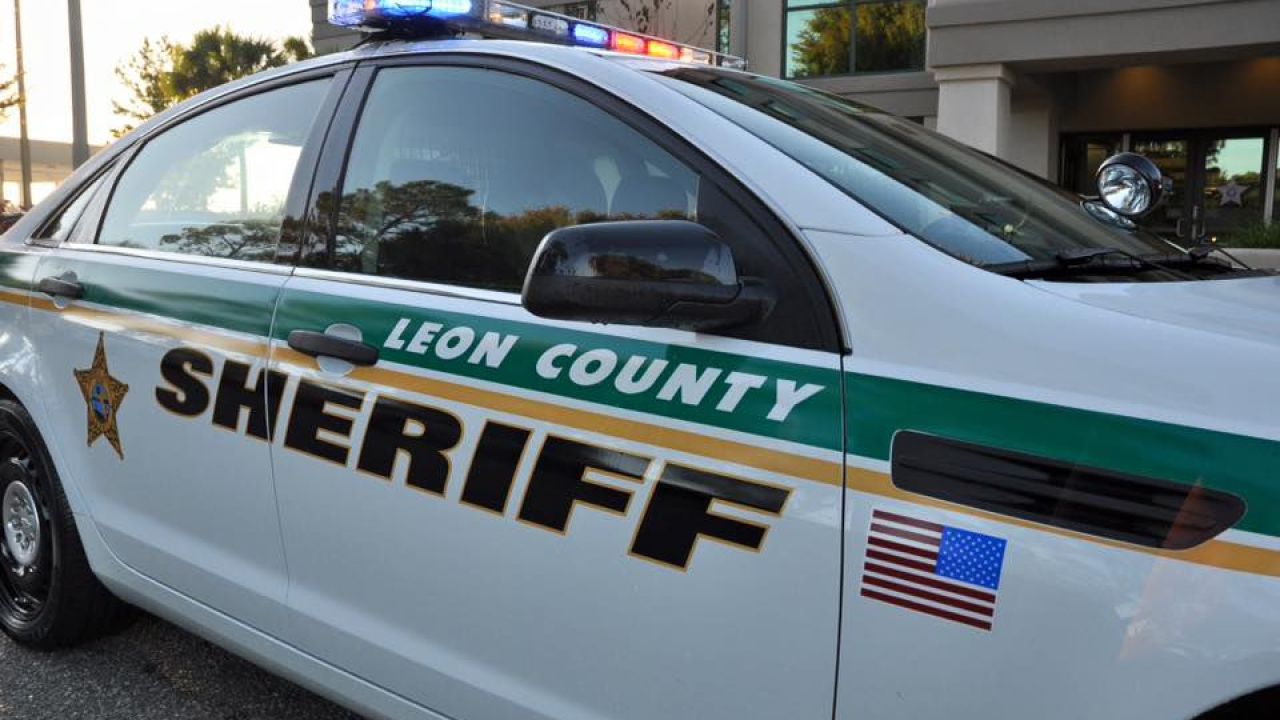Leon County Sheriff's Office Electric Fleet

The low hum of electric motors is slowly replacing the rumble of internal combustion engines within the Leon County Sheriff's Office (LCSO) fleet. A bold initiative is underway to transition a significant portion of the agency's vehicles to electric power, a move touted for its environmental benefits and potential cost savings. But the shift is not without its challenges, raising questions about operational feasibility and long-term economic impact.
This article delves into the LCSO's ambitious electrification plan, examining the motivations behind it, the types of vehicles being deployed, the infrastructure required to support them, and the concerns voiced by some within the community and the department. It aims to provide a balanced perspective on a significant change that could reshape law enforcement practices in Leon County and potentially serve as a model for other agencies across the nation.
The Drive Behind Electrification
The driving force behind the LCSO's electric vehicle (EV) adoption is a multi-pronged approach. Sheriff Walt McNeil has publicly stated the commitment to reducing the county's carbon footprint as a key motivator.
Cost savings over the long term are also a major consideration, with projections suggesting lower fuel and maintenance costs compared to traditional gasoline-powered vehicles.
Furthermore, the initiative aligns with broader sustainability goals set by Leon County government.
Phased Implementation and Vehicle Selection
The LCSO's electrification plan is being implemented in phases. The initial focus is on replacing non-patrol vehicles with EVs, such as administrative cars and community outreach vehicles.
These vehicles typically operate within a defined geographical area and have predictable daily mileage, making them well-suited for electric power.
The agency has acquired a mix of EVs, including sedans, SUVs, and pickup trucks, to assess their suitability for different law enforcement tasks.
Pilot Program: Patrol Vehicle Testing
A pilot program is underway to evaluate the feasibility of using EVs for patrol duties. Several Tesla Model 3s have been equipped with law enforcement packages and deployed for testing in various patrol zones.
The performance of these vehicles is being closely monitored, paying particular attention to range, charging time, and overall reliability under demanding conditions.
The data collected from the pilot program will inform future decisions about the wider adoption of EVs for patrol purposes.
Infrastructure Development: Charging Stations
A critical component of the electrification plan is the development of a robust charging infrastructure. The LCSO has installed charging stations at its headquarters and various substations throughout the county.
These stations include a mix of Level 2 chargers, which provide slower charging speeds, and DC fast chargers, which can significantly reduce charging time.
The agency is also exploring partnerships with local businesses and government agencies to expand the availability of public charging stations.
Concerns and Challenges
Despite the potential benefits, the LCSO's electrification plan has faced some scrutiny. One of the primary concerns is the range limitations of EVs, particularly for patrol vehicles that may need to respond to emergencies over a wide area.
Some officers have expressed concerns about the time required to recharge EVs, which could potentially reduce their availability for patrol duties.
The initial cost of EVs is also higher than traditional gasoline-powered vehicles, raising questions about the overall cost-effectiveness of the program.
Officer Perspectives
Interviews with LCSO deputies reveal a range of opinions on the EV transition. Some officers are enthusiastic about the potential for reduced fuel and maintenance costs, as well as the environmental benefits.
Others are more skeptical, citing concerns about range anxiety and the suitability of EVs for high-speed pursuits.
Many officers emphasize the need for thorough testing and evaluation to ensure that EVs can meet the demands of law enforcement work.
Data and Performance Metrics
The LCSO is tracking a variety of data points to assess the performance of its electric fleet. This includes data on energy consumption, maintenance costs, and vehicle downtime.
The agency is also monitoring the performance of EVs in different operational scenarios, such as routine patrols, emergency response, and high-speed pursuits.
The data will be used to refine the electrification plan and make informed decisions about future vehicle acquisitions.
"We are committed to making data-driven decisions about our fleet," said Captain Michael Johnson, who is overseeing the electrification project. "We want to ensure that we are providing our officers with the tools they need to do their jobs effectively while also being responsible stewards of taxpayer dollars."
Community Impact and Engagement
The LCSO is actively engaging with the community to address concerns and provide information about the electrification plan. The agency has held public forums and workshops to answer questions and solicit feedback.
The LCSO is also working with local schools and community organizations to promote awareness of electric vehicles and their benefits.
The goal is to ensure that the community is informed and supportive of the agency's efforts to reduce its carbon footprint.
Looking Ahead: The Future of Law Enforcement Fleets
The Leon County Sheriff's Office's electric fleet initiative is a significant step towards a more sustainable future for law enforcement. The success of this program could pave the way for other agencies to adopt similar strategies.
As battery technology continues to improve and charging infrastructure becomes more widespread, EVs are likely to become an increasingly viable option for law enforcement fleets nationwide.
While challenges remain, the LCSO's commitment to innovation and environmental stewardship could ultimately transform the way law enforcement agencies operate and contribute to a cleaner, healthier environment.
/cloudfront-us-east-1.images.arcpublishing.com/gray/NNJD3ZSRAFL4VBSBKATXWPIPHQ.jpg)














